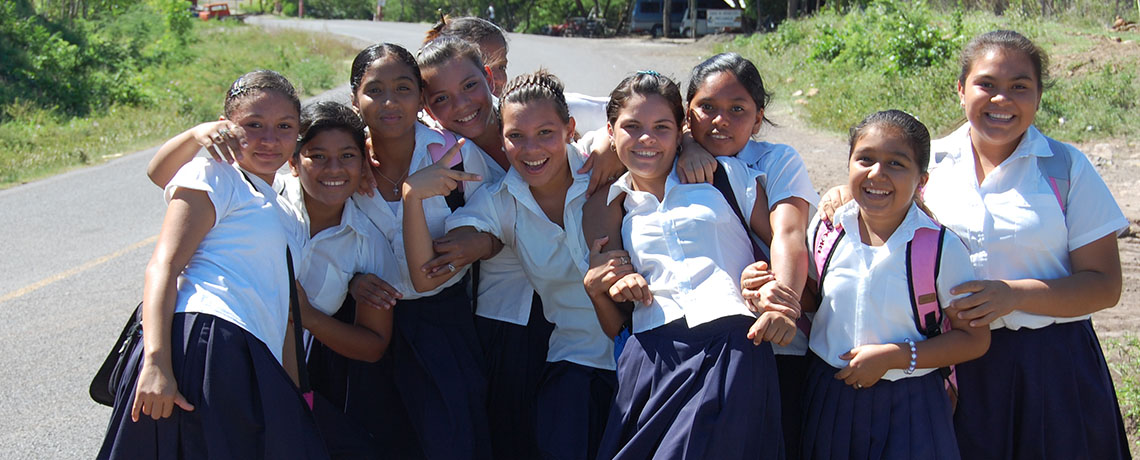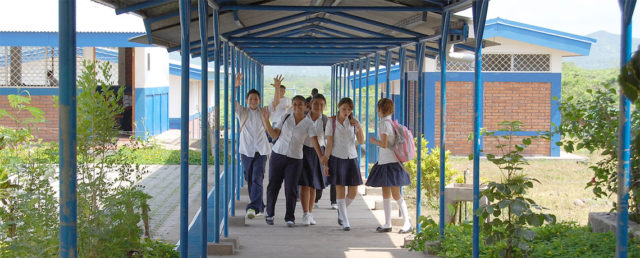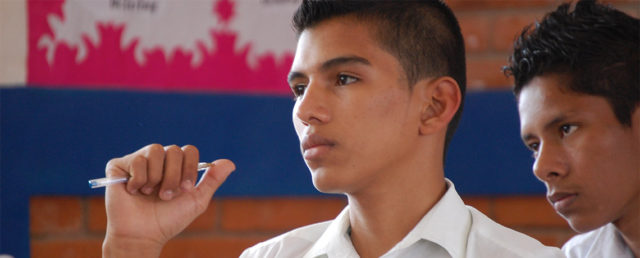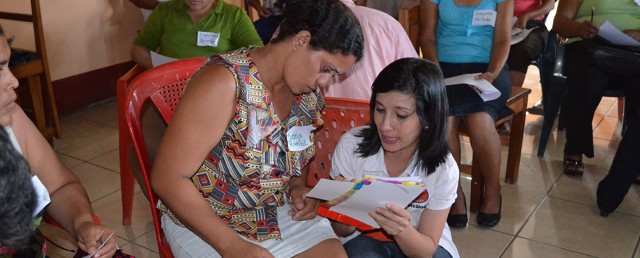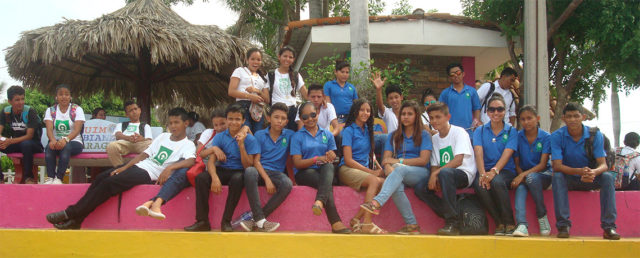Why education? Nicaragua is rated last in educational quality among countries in Central America. Even more concerning, poor education directly correlates to poverty, poor health, gender inequality, and lack of social mobility. Not surprisingly, Nicaragua has the second lowest gross domestic product (GDP) per capita of any country in the Western Hemisphere.
As important as our past projects have been to the development of the community, we realized the need to concentrate our efforts in building the capacity of our future leaders. Since its inception in 2003, our scholarship program has evolved from simple financial support for transportation, supplies and uniforms to a more holistic program supporting the students not only financially, but through training focused on their families and teaching staff.
In 2013, we began with an ambitious goal to address education from this holistic approach, focusing first on the family. By partnering with local psychologists, we developed a series of workshops designed for the parents of our scholarship students. The desired outcome was to empower these parents by helping them develop the skills necessary to support their children as they strengthen their educational development, competencies and abilities. Building upon the successes we generated in 2013, we aim to continually expand the scope of our work to include a series of personal and professional enrichment workshops for our soon- to- be university graduates.
Our university students volunteer 15 hours per month serving as teacher’s aides for first and second grade teachers. Our secondary students volunteer 12 hours per month in our Tutoring Program. In coordination with first and second grade teachers, we assist 50+ first and second grade students who are not at reading grade level to receive the additional help they need. We are working directly with over 80 students in our programs.
Providing these comprehensive programs for students and for their parents/caregivers has helped us meet our goal of dramatically improving school attendance retention rates. This has proven to be key to improved educational quality and demonstrates increased return on philanthropic investment (RPI) for our donors.
